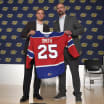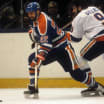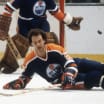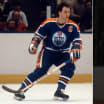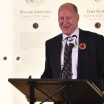Lemieux to Messier. In an alternate universe, that could have been the final sequence of play immortalized in the 1987 Canada Cup, but for Craig Simpson, those two names represent a life changing trade that saw him swap two of the game's greatest players as linemates in just a matter of months.
Entering the 1987-88 campaign for the Pittsburgh Penguins, Simpson, who had been drafted second overall by the club a couple of years earlier, felt he was coming into his own.
Although he was still just 20 years old, he already had two NHL seasons under his belt and, after taking a step forward in his sophomore effort, which included moving up in the lineup while Mario Lemieux was out with an injury, Simpson felt it was a critical time in his development.
"I kind of knew what was expected of me now and was really focused on getting off to a good start," Simpson said recently in a telephone interview.
When training camp began, Lemieux was at that fabled Canada Cup tournament. Although his absence was conspicuous, Simpson drew inspiration and motivation from how Lemieux was performing in what would come to be remembered as some of the greatest hockey games ever played.
"It was really inspiring to see the hockey and watching him get an opportunity to play with the game's best players," Simpson said. "We were a bad team in Pittsburgh, he hadn't made the playoffs in his first three years, so to watch him on the stage really motivated me a lot too."
FEATURE: The Simpson Swap
Special guest contributor Mike Commito writes about the 35th anniversary of Craig Simpson's historic combined 50-goal season with the Oilers and Penguins

© B Miller/Getty Images
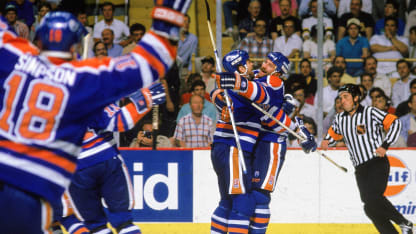
© B Bennett/Getty Images
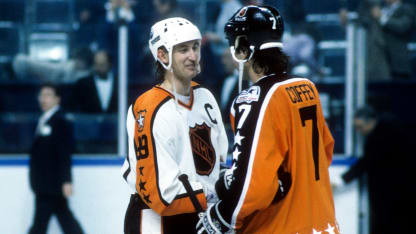
© B Bennett/Getty Images
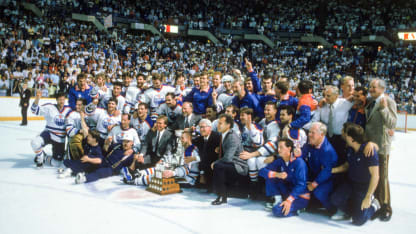
© B Bennett/Getty Images
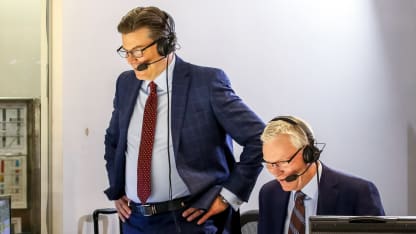
© Jonathan Kozub/Getty Images

